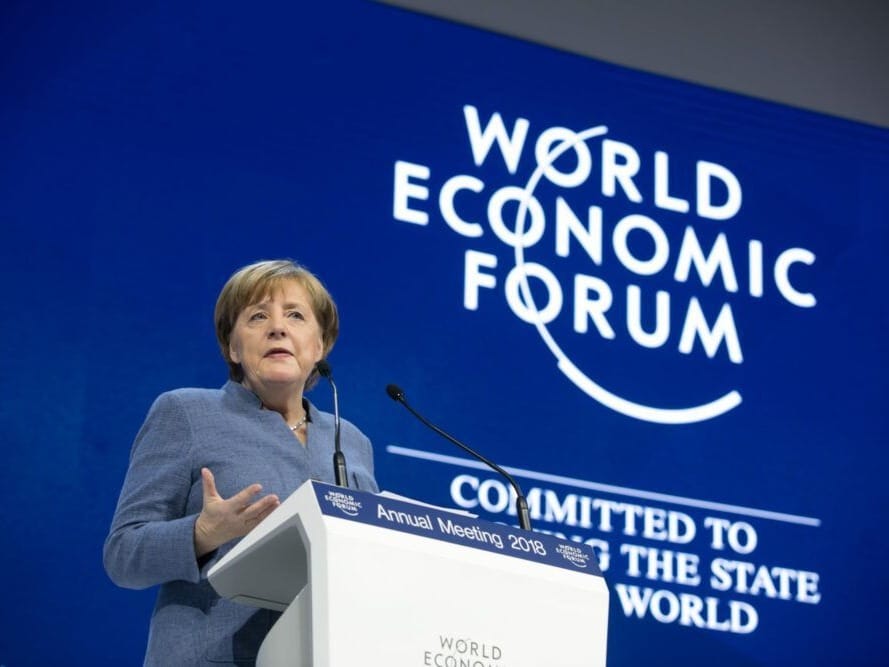DAVOS, Switzerland (AN) — German Chancellor Angela Merkel pushed back at the rise of populist authoritarians, saying the world must keep a "clear commitment" to multilateralism.
"Anything else will only end in misery," Merkel said in a special address to the World Economic Forum's annual summit at the Swiss mountain resort of Davos, where she warned against "the fragmentation of the multilateral world" — nations pursuing common goals, often through international organizations and treaties.









